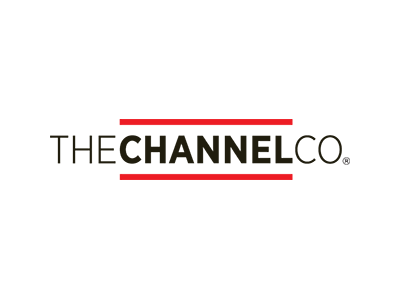DC Taps Smart Grid Solutions for IoT Water Meter Rollout
The installation and management of an Advanced Meter Infrastructure (AMI) can have a huge positive impact on water usage and consumption in urban areas.

Photo: DC Water
Many cities across the globe are developing innovative technology, including IoT sensors and smart water meters, to encourage collective water conservation and water recycling. The issues of water overconsumption and the resulting water loss and scarcity of existing supplies in many geographic regions and metro areas directly impact the financial status and overall operations of water utilities. But, the installation and management of an Advanced Meter Infrastructure (AMI) can have a huge positive impact on water usage and consumption, especially in densely populated cities such as San Francisco and Washington, D.C.
Free-Flowing Usage Data
Archana Vemulapalli, chief technology officer of Washington, D.C., is leading an interagency, multi-partner project called Smarter DC that begins with several IoT rollouts that will lay the groundwork for the transformation of DC to a smart city. The water system is among the first on the list. DC Water is upgrading residents’ water meters to high-tech devices, with more than 85,000 to be replaced for residential and multi-unit buildings beginning this year and lasting through mid-2018. The new meters will provide residents and local water utility companies with vital data addressing the intersection of water consumption, financial cost of water and smart technology.
Smart Grid Solutions based in Herndon, VA, has been tasked by DC Water to install the smart meters that will replace existing outdated meters around the DC region. According to Smart Grid Solutions, AMI can help in many areas, improving the conservation of water through demand management, notification of malfunctions in distributed infrastructure and providing highly automated meter operations. Smart Grid Solutions’ installations utilize AMI, and the process itself is run by its ProField program for smart meter deployments. ProField, unlike other workforce management platforms, was created specifically for AMI rollouts and allows for immediate incident reports, real-time status for tasks and other project management logistics.
Old Infrastructure in Hot Water
One of the biggest problems with outdated water meters is they provide delayed and outdated data, as well as delayed responses to existing water leaks and other infrastructural issues. The initial plan for the DC Water Meter Rehabilitation Project was to replace existing old meters, but the city identified potential opportunities to install smart meters in new neighborhoods as well.
For several years now, the city has employed a goal of rehabilitating the region’s Automated Meter Reading System, which utilizes water meters connected to radio transmitters. One benefit of updating the existing metering infrastructure is that the new meters will be able to encourage more accurate and timely water bills for water utility customers in both nonresidential and residential areas. Previously, old meters would have more frequent reading outages. This meant that DC Water had to use a higher amount of resources to address water consumption and provide additional people power to gather the water data in person. Concurrently, existing issues with old meters resulted in inaccurate and, more often than not, poorly estimated water bills.
High Water Usage Alerts
The last time the city undertook a large-scale water meter replacement project was in 2003. This upgrade wave ushered in a new era of services that enabled Customer Care Associates to help customers diagnose their high water bills. The goal of this smart technology was to promote local water conservation among residents and non-residential water customers as well. Dubbed High Water Usage Alerts (HUNA), the technology allows DC Water to notify individuals when their water consumption is above normal. The app has sent more than 97,000 notifications to customers since its inception.
HUNAs are typically the first indicator of an existing leak and/or broken pipe in the system. These alerts are now directly connected to tools that measure and track the amount of water an individual consumes on a yearly, monthly and daily basis. Customers receiving these alerts can maintain lower water bills, as they are encouraged by DC Water to decrease their overall water consumption through both small and large actions and given advice on steps they can take to reduce usage.
Rolling Out Smart Meters
Learn more about the IoT water meter upgrade project from DC Water. Read about Smart Grid Solutions use of IoT for water, gas and electric systems at http://smartgridsolutions.us/solutions/. Download the eBook, “Best Practices and Challenges in Smart Meter Rollouts” from Smart Grid Solutions.